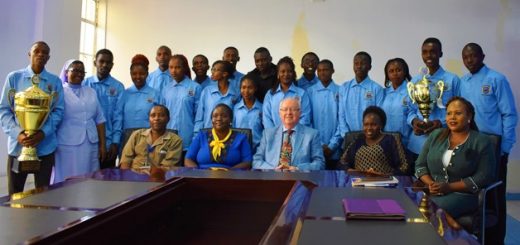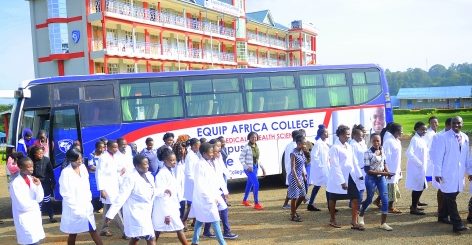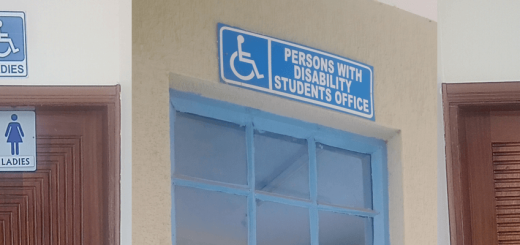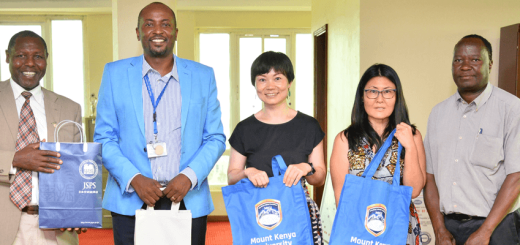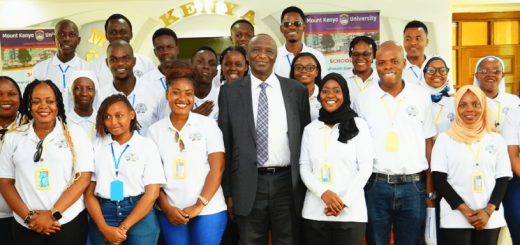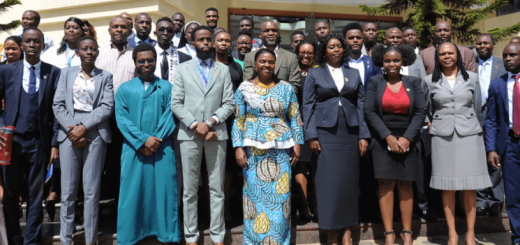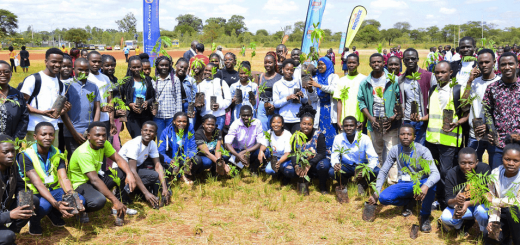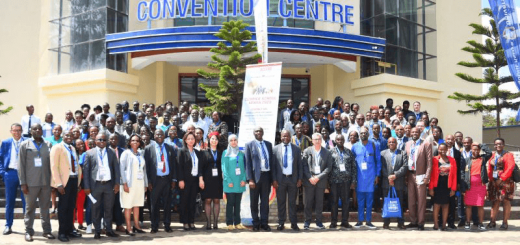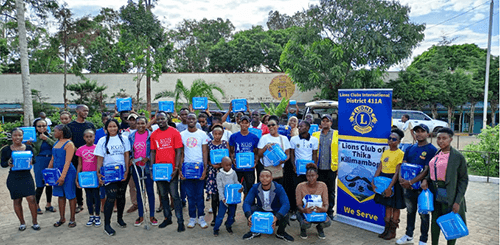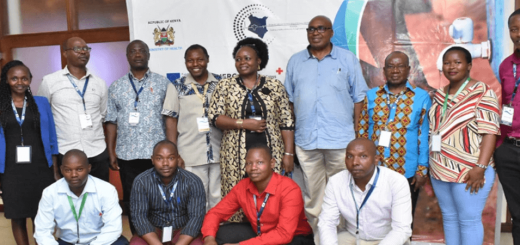MKU students win international grant to light up Kiandutu slums
Three Masters students at Mount Kenya University have won an international grant to distribute solar- powered lanterns to families in Kiandutu slums, Thika.

The COV-AID Graduate Student Mini-Grants by the Talloires Network of Engaged Universities and the Open Society University Network, will also enable students Rose Macharia, Nelly Kayanda and Daniel Kiriti distribute the lamps to kiosks, informal roadside stalls, community service points (such as bathrooms, toilets, and water points), and to security officers.
Macharia is studying Information Technology at Thika Main Campus, Kayanda is majoring in counselling psychology while Kiriti is studying Governance and Ethics. The grant amounts to USD$ 2,500 (Ksh275,000).
Kiandutu, which is Thika sub-county’s largest informal settlement, has population of about 30,000 people. The houses are mostly just tin and polythene shacks, poorly lit. “Our initial target is 200 homesteads. But we aim to scale it up in due course,” said Macharia.
Through this grant, the MKU community will also offer mentorship to the youth in the slum. “Our primary focus will be on political and social radicalization, drugs and substance abuse, and career growth and opportunities,” said Kayanda.
The call for applications for the COV-AID Graduate Student Mini-Grants attracted over 100 applications from universities worldwide. The three MKU students were among the six whose proposals were picked. Talloires Network described the process of choosing the winners as “extremely competitive.”
The Talloires Network grants programme is designed to recognize the outstanding commitment to civic engagement by university students during the COVID-19 pandemic period. The Network’s secretariat is based at Tufts University in Massachusetts, USA.
Last July, MKU won the 2020 Talloires Network Innovative Civic Engagement Award for distributing 10,000 water backpacks. The backpacks provide an easy-to-carry water method to people in arid and semi-arid areas.
The university’s CSR projects in Marsabit and Kilifi counties have also helped fight the jigger menace. More than 5,000 school-going pupils have benefited.

